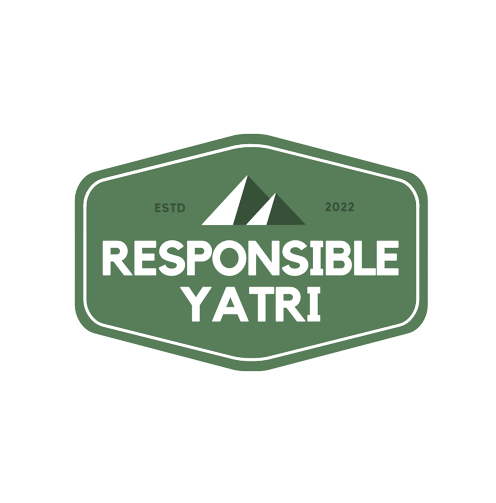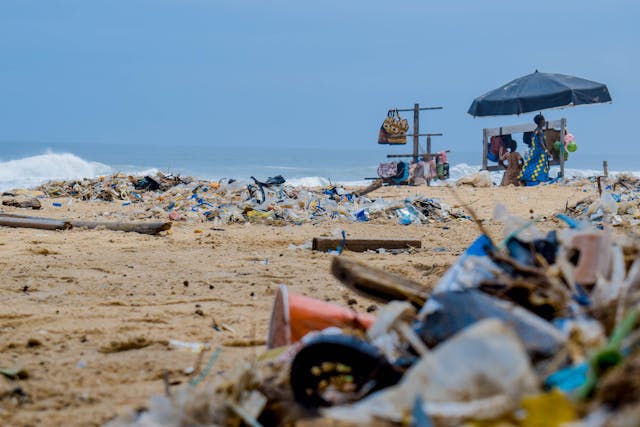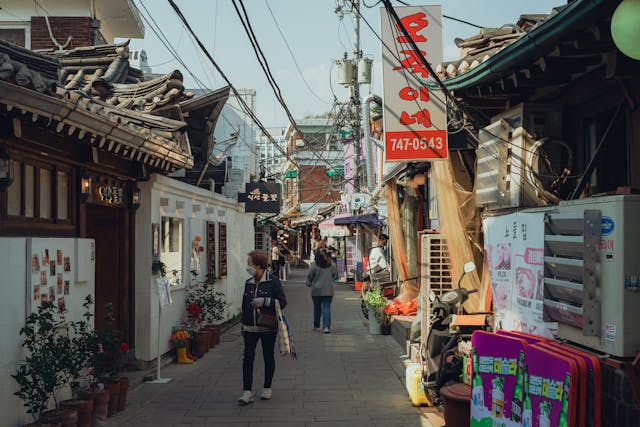In today’s world, travel is more than just a leisure activity—it’s a responsibility. As climate concerns rise and local communities face the brunt of unchecked tourism, the concept of responsible travel has gained significant traction. But this movement isn’t new. Its roots trace back decades, influenced by social, environmental, and ethical shifts across the globe. Here’s a look at the history of responsible travel movements and how they’ve evolved to shape the way we explore the world today.
1. The Early Seeds: 1960s–1970s
The 1960s and 70s were pivotal decades marked by social and environmental activism. The counterculture movement questioned consumerism, and the first whispers of ecological consciousness began to emerge.
- Environmental Awakening: Rachel Carson’s Silent Spring (1962) alerted the world to the dangers of pesticides and inspired a broader environmental movement. As awareness grew, so did scrutiny around the environmental costs of mass tourism.
- The Birth of Ecotourism: In the 1970s, the term “ecotourism” began to surface, referring to nature-based travel that supported conservation and local communities.
2. 1980s: Formalizing the Movement
The 1980s witnessed a shift from scattered eco-consciousness to more structured travel models.
- Sustainable Development: The 1987 Brundtland Report (Our Common Future) defined sustainable development, which later became the backbone of sustainable tourism practices.
- NGOs and Community Projects: Organizations like Tourism Concern (UK) were established to address ethical travel and its social impact. Many community-based tourism initiatives were launched in Asia, Africa, and Latin America.
3. 1990s: Global Dialogue and Frameworks
With globalization accelerating, there was a push to standardize and promote responsible travel practices on a global scale.
- Agenda 21 for Tourism: As a follow-up to the 1992 Rio Earth Summit, the World Tourism Organization (UNWTO) adapted Agenda 21 for the travel sector, promoting sustainability.
- Rise of Certifications: The Green Globe and other certification bodies emerged, allowing businesses and travelers to identify eco-friendly tourism options.
4. 2000s: Travelers Take the Lead
The early 21st century saw travelers becoming more informed and intentional.
- Responsible Travel Platforms: Websites like ResponsibleTravel.com (founded in 2001) helped connect tourists with ethically operated tours and accommodations.
- Voluntourism Boom: The idea of combining travel with volunteer work gained momentum, though it later faced criticism over exploitative models.
- Media and Awareness: Documentaries, blogs, and social media began highlighting the dark side of over-tourism, plastic waste, and cultural exploitation.
5. 2010s: Conscious Travel Becomes Mainstream
The concept of traveling with purpose became a buzzword.
- Overtourism Backlash: Cities like Venice, Barcelona, and Amsterdam voiced frustration over tourism’s toll on locals. This catalyzed stricter tourism management and visitor education.
- Sustainable Brands and Airlines: Hotels and airlines introduced carbon offset programs, eco-lodges flourished, and green certifications became a selling point.
- Indigenous and Cultural Respect: The movement also began focusing more on respecting indigenous communities, traditional customs, and intangible heritage.
6. 2020s: Post-Pandemic Reset
COVID-19 brought global travel to a halt—and with it, a chance to reset.
- Regenerative Travel: Going beyond sustainability, this newer model asks, How can travel actively improve a place rather than just preserve it?
- Slow Travel: Emphasis on deeper, mindful exploration over bucket-list ticking.
- Digital Advocacy: Influencers and eco-conscious travelers now play a crucial role in shaping public perception about responsible travel.
7. Today and Tomorrow: The Future of Responsible Travel
As climate change, inequality, and cultural erosion remain pressing issues, responsible travel is no longer optional—it’s essential.
- Technology & Transparency: Apps and platforms help travelers track carbon footprints, book with verified ethical providers, and support local businesses.
- Policy and Governance: Governments are introducing “green taxes,” restricting numbers at heritage sites, and promoting domestic, low-impact tourism.
- Traveler as Changemaker: Modern responsible travelers are activists in disguise—advocating for nature, equality, and ethical exploration.
The history of responsible travel is a testament to the power of awareness and intention. From eco-tourism in the 70s to regenerative travel today, the movement continues to evolve, reminding us that travel isn’t just about where you go—it’s about how you go. As travelers, the choice is in our hands: to tread lightly, act wisely, and leave every place better than we found it.





